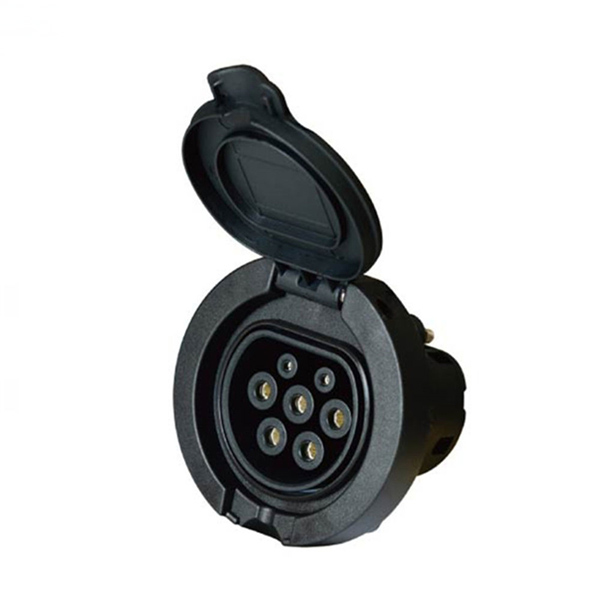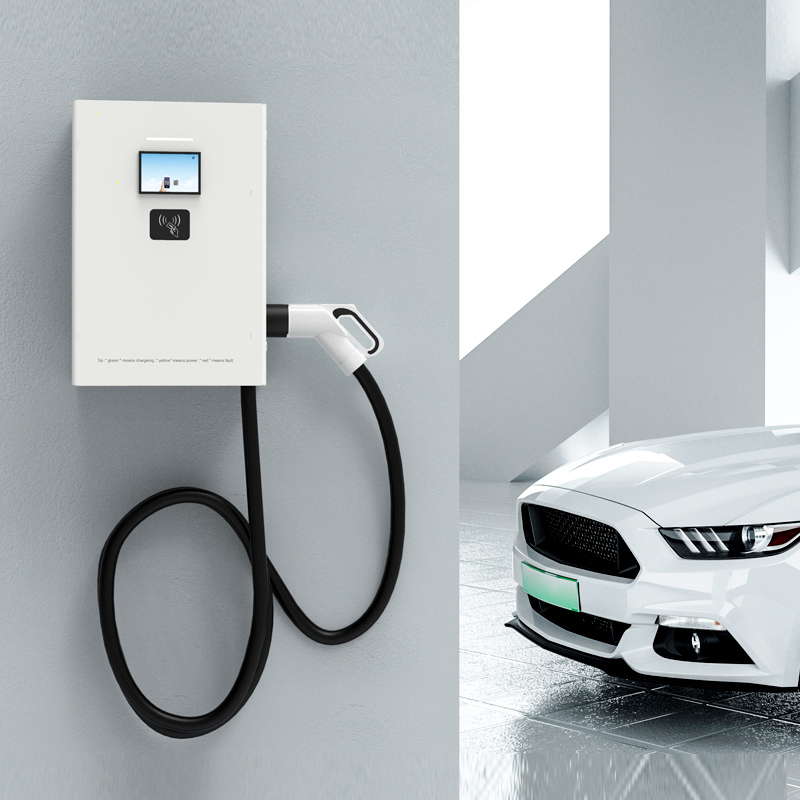Not sure what you want? Find your perfect car with our Car chooser
Not sure what you want? Find your perfect car with our Car chooser Fast Charging At Home

Not sure what you want? Find your perfect car with our Car chooser
Not sure what you want? Find your perfect car with our Car chooser
Not sure what you want? Find your perfect car with our Car chooser
Not sure what you want? Find your perfect car with our Car chooser
Not sure what you want? Find your perfect car with our Car chooser
Not sure what you want? Find your perfect car with our Car chooser
Not sure what you want? Find your perfect car with our Car chooser
Not sure what you want? Find your perfect car with our Car chooser
Not sure what you want? Find your perfect car with our Car chooser
Not sure what you want? Find your perfect car with our Car chooser
Not sure what you want? Find your perfect car with our Car chooser
Not sure what you want? Find your perfect car with our Car chooser
Not sure what you want? Find your perfect car with our Car chooser
Not sure what you want? Find your perfect car with our Car chooser
Not sure what you want? Find your perfect car with our Car chooser
A home charger is a near-essential if you have off-street parking and are buying an EV; we explain the costs involved
For those lucky enough to have a driveway, garage or other form of off-street parking, getting a home charger – sometimes called a wallbox – installed should be one of the first things you investigate as you begin looking at making the switch to electric motoring, even before you check out how much you can save on your new electric car through Carwow.
The UK government used to issue grants of up to £350 to help towards the cost of getting a home EV charger installed, but this grant ended in March 2022, and now only landlords or people who live in flats can apply for a grant.
That means understanding the prices involved in getting a wallbox installed has never been more important, and this guide breaks down some of the costs you can expect to encounter.
Think the £500-£1,000 ballpark for the installation of a standard 7kW home fast charger, and the same again for the charger itself. Many chargepoint companies bundle the cost of installation together with the charger. The Rolec WallPod:EV HomeSmart for example, is £913 if you buy the unit alone, or £1,249 fitted (as of May 23), assuming the installation ‘standard’ (IE no extra cabling or extra-thick exterior walls to drill through).
Do be warned, though, that given how different individual houses can be (see next section), you really are best off getting a quote.
Faster 22kW chargers are also available, but they require three-phase power supplies which UK households do not have by default. It is possible to have your power supply upgraded, but this can be an expensive and involved business, with prices range from £3,000, and exceeding well over £15,000 depending on the nature and location of your home and its electricity supply.
Chargers have become pretty advanced in recent years, with wi-fi connectivity and dedicated smartphone apps now almost par for the course. Their prices are also slowly coming down, and while there may no longer be a Government grant available for most people, wallboxes can be had from around £600 or so. Units with their own LCD display screen rather than relying solely on an app can be more expensive, as can those which can be linked to and liaise with solar panels (if you have these). Budget £900 to £1,100 for a more sophisticated charger.
It’s often best getting the company you are buying the charger from to install it as they will have technicians on-hand who are familiar with the specific unit in question; it’s certainly worth getting a quote or two from an independent installer, though.
Not for individual homeowners, no. The Electric Vehicle Homecharge Scheme (EVHS) was a programme offered by the government which covered 75% of the purchase and installation cost of a home charging point up to a maximum of £350. This scheme was primarily focused on homeowners.
The EVHS was replaced by the EV chargepoint grant on 1 April 2022 . The new grant also provides funding of up to 75% (to a maximum of £350) towards the cost of installing chargepoints at domestic properties, but, this grant focuses on tenants, flat-owner occupiers and landlords, rather than homeowners. These property types have to have off-street parking, though, and the grant is not accessible if you previously used the EVHS, or if you’re wanting to move or upgrade an existing charger.
An electric car charger is installed on an exterior wall, and will be close to where you park, and ideally close to the point where your home’s main electrical feed enters the property.
The installation process starts with a home survey to assess your particular setup, and this is usually a no-cost service. The charger company will also tell you if any upgrades are required to your home electricity supply; if they are, this must be done before the charger can be installed, and it is often necessary to involved the electricity infrastructure company for upgrades, adding time to the process.
The next step is to have the charger installed in a suitable location, connecting the wiring to your fuse box and installing an isolator switch. The system is then tested to ensure that all is working as it should.
Most wallbox companies offer an installation service, and it’s best to let them take care of it; this way you have one point of contact in case anything goes wrong. The installation charge includes all the wiring and cabling that is required for the job, and it should take around 2-3 hours for most installs.
You need to have a few things in place before you can have a home charger installed:
The size of an electric car’s battery is measured in kiloWatt hours (kWh), and electricity is priced per kiloWatt hour, with rates dependent upon the contract you have with your energy supplier.
The cost of charging an EV from 0-100% is therefore calculated by multiplying these two things.
For example, an electric car with a 100kWh battery will take 100kWh of electricity to be charged from empty to full. If your energy supplier charges £0.30 per kW of electricity, the car will cost £30 to recharge. Similarly, a Skoda Enyaq with an 80kWh battery will cost £24 to go from full to empty if your leccy is £0.30 per kWh.
In reality, it isn’t as simple as that, as people don’t let their cars drop to 0%, while car makers recommend charging batteries to 80 or 90% to preserve battery health.
Another way of looking at things is to work out how far your car travels on a kWh. Almost all EVs show average miles per kWh if you fiddle around in the display settings, and a car that manages 4 miles per kWh is more efficient than one that does 2.5 – it’s the electric-car equivalent of miles per gallon. A car that does 4 miles per kWh will cost 7.5 pence per mile in electricity (assuming the notional £0.30 per kWh cost), while one that does 2.5 will cost 12 pence per mile. Our dedicated guide on this topic has more information.
Also bear in mind that most EV owners with a home charger have an energy tariff that’s designed for people with electric cars. This may see lower energy prices at night, greatly reducing the cost to charge the car if you schedule its charging sessions via the car’s smartphone app (which most EVs have) or your home charger, if it’s a smart one.
Yes, absolutely, 100%. Public chargepoints are significantly more expensive (think £0.75 per kWh or so) than charging at home compared to off-peak home rates as low as 9.5 pence per kWh. Having your own charger is a massive convenience boost, too. So to charge a 50kWh EV battery from full to empty you could pay £32.50 at a public point, or £4.75 at home.
Also bear in mind that standard three-pin plugs only deliver electricity at 2.3 kiloWatts, meaning a car with a 100kWh battery would take over 43 hours to fully charge using this, against 14.2 hours if you have a 7kW home wallbox. Plus three-pin plugs and sockets are not designed to handle the heavy draw an electric car places on them for sustained periods of time, and it is only recommended to charge in this manner in an emergency.
You could also consider making a little extra money by renting your home charger out when you’re not using it; companies like JustPark can help facilitate this.
Found the perfect electric car for your needs? Then take a look at the latest offers on your preferred model through Carwow.
A network of trusted dealers will come to you with their best offers. There’s no need to haggle or negotiate and you can compare your offers in one place without even having to leave your home.
If you’re thinking of selling your old car, you can do that through Carwow, too. Again, a network of dealers will come to you with their best offers for your vehicle — no haggling, no stress, and the price you’re offered is the price you’ll get. The dealership will make payment and collect your car.
* Please contact the dealer for a personalised quote, including terms and conditions. Quote is subject to dealer requirements, including status and availability. Illustrations are based on personal contract hire, 9 month upfront fee, 48 month term, 8000 miles annually, inc VAT, excluding fees. Vehicle returned at term end.

Ev Charging Points Average savings are calculated daily based on the best dealer prices on carwow vs manufacturer RRP. carwow is the trading name of carwow Ltd, which is authorised and regulated by the Financial Conduct Authority for credit broking and insurance distribution activities (firm reference number: 767155). carwow is a credit broker and not a lender. carwow may receive a fee from retailers advertising finance and may receive a commission from partners (including dealers) for introducing customers. All finance offers and monthly payments shown are subject to application and status. carwow is covered by the Financial Ombudsman Service (please see www.financial-ombudsman.org.uk for more information). carwow Ltd is registered in England (company number 07103079), registered office 2nd Floor, Verde Building, 10 Bressenden Place, London, England, SW1E 5DH.